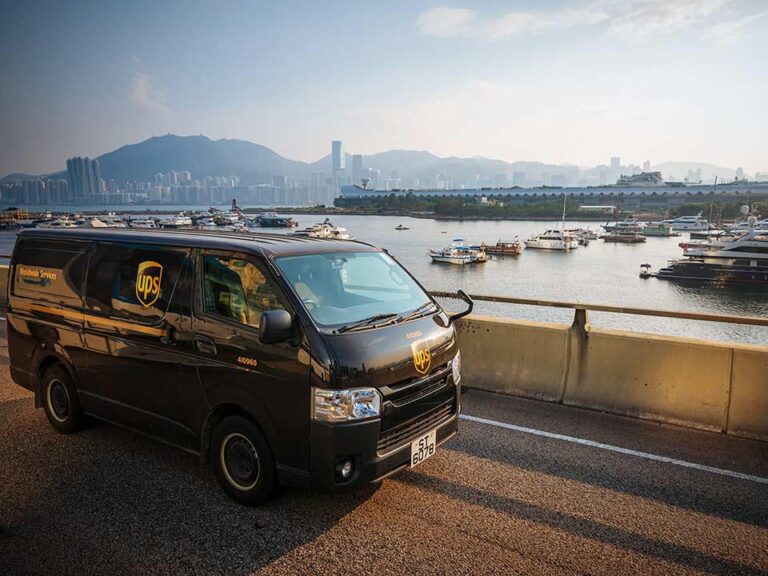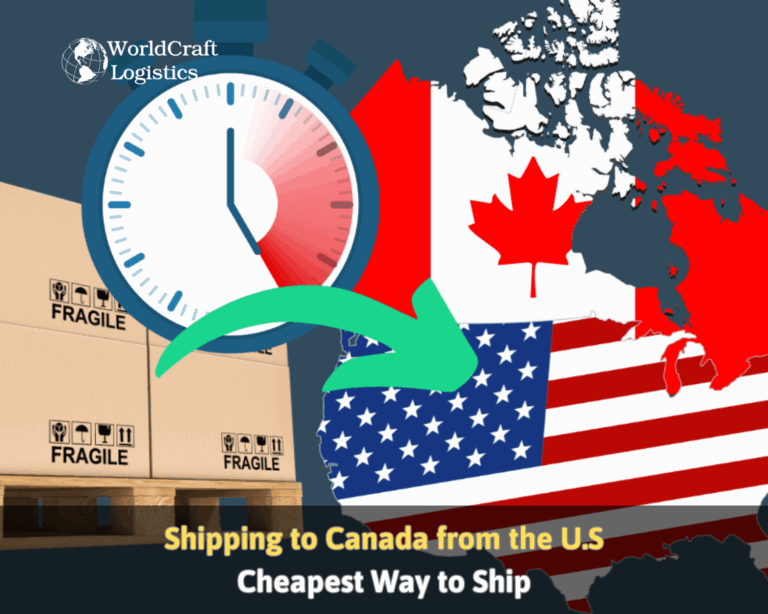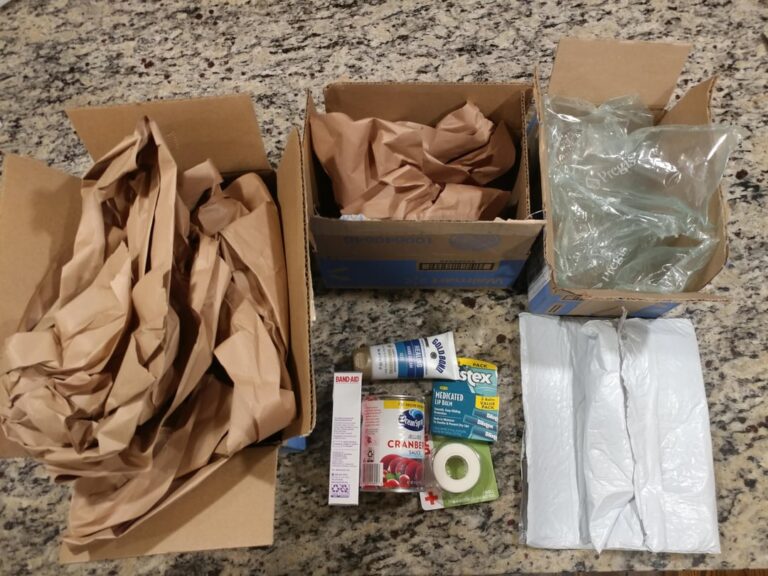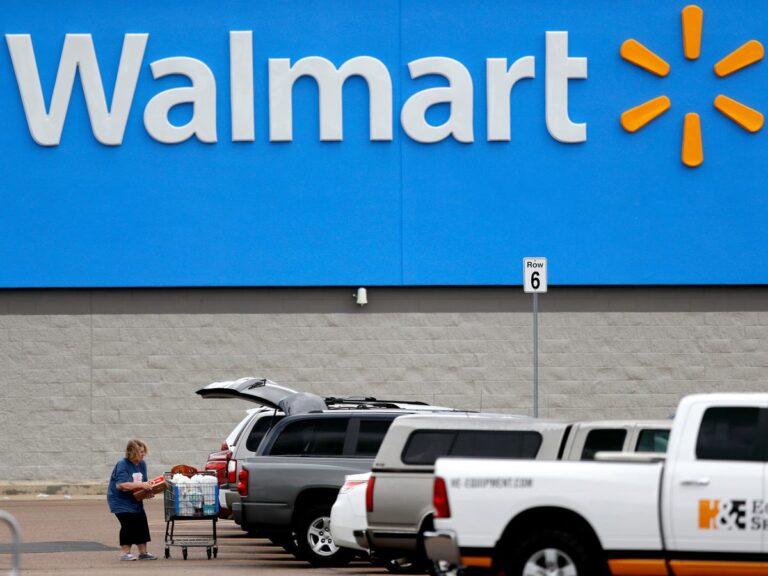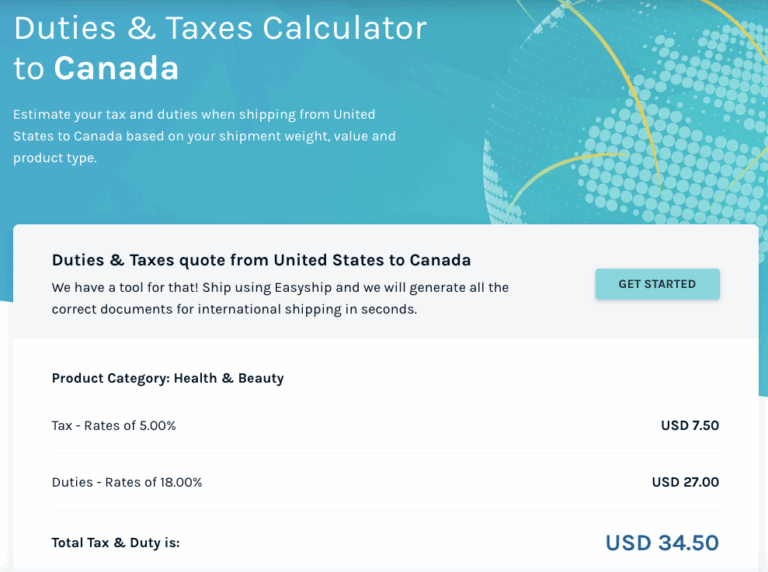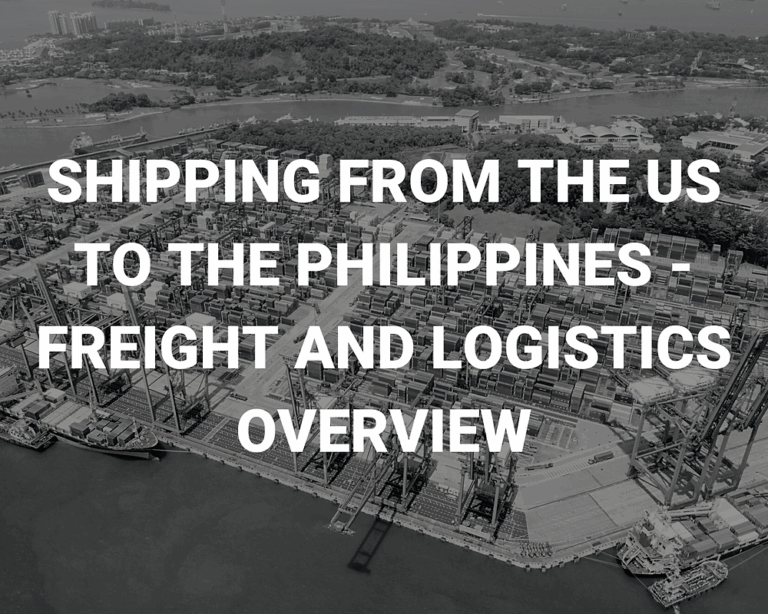Shipping to Brazil: Costs, Services, and Key Considerations
Brazil, South America’s largest economy with a GDP of $2.1 trillion, is a major import market for electronics, vehicles, and consumer goods, with U.S. exports alone reaching $54.6 billion in 2024. Users searching for “shipping to Brazil” seek insights on costs, reliable providers, and navigating Brazil’s complex customs regulations. This guide explores sea and air freight options from key origins (US, China, Europe), includes a detailed comparison table, and offers practical tips for efficient, cost-effective shipping, addressing challenges like high taxes and bureaucratic delays.
Shipping Options to Brazil
Shipping to Brazil primarily involves sea freight and air freight, with no direct land freight options due to its geography. Sea freight includes Full Container Load (FCL), Less than Container Load (LCL), and Roll-On/Roll-Off (RoRo) for vehicles or oversized cargo. Air freight covers bulk air cargo and small parcel express services. Below, we outline these options to help you choose the best method.
Sea Freight: Cost-Effective for Large Shipments
Sea freight is ideal for bulk or heavy cargo, with major ports like Santos, Rio de Janeiro, and Paranaguá handling most traffic. Brazil’s port infrastructure, while improving, can face congestion, impacting transit times.
Full Container Load (FCL)
FCL provides exclusive use of a 20-foot (33.2 cubic meters) or 40-foot (67.7 cubic meters) container, suitable for shipments filling at least 50–60% of a container. From the US (Miami) to Santos, a 40-foot FCL costs $2,000–$3,500, with 8–15 day transit. From China (Shanghai), costs range from $2,500–$4,500, with 25–40 days [COSCO SHIPPING Changqing service: 30 days from Guangzhou to Victoria]. From Europe (Rotterdam), expect $4,000–$6,500, with 20–35 days.
Less than Container Load (LCL)
LCL consolidates smaller shipments, with costs based on volume (per cubic meter) or weight. It’s ideal for shipments under 15 cubic meters. From Miami to Santos, a standard pallet (48″ x 40″ x 48″) costs $100–$150, with 10–20 days. From China, LCL costs $80–$160 per cubic meter, with 25–40 days. From Europe, expect $120–$200 per cubic meter.
Roll-On/Roll-Off (RoRo)
RoRo is used for vehicles or heavy equipment. From the US, a standard vehicle to Santos costs $1,500–$3,000, with 8–15 days. From China, costs range from $2,500–$4,000, with 25–40 days. European RoRo costs $3,000–$5,000.
Air Freight: Speed for Urgent Shipments
Air freight is faster but more expensive, ideal for high-value or time-sensitive goods. Guarulhos (São Paulo) and Galeão (Rio de Janeiro) are key airports.
Bulk Air Cargo
Bulk air cargo suits larger shipments, with transit times of 2–5 days from the US, 5–10 days from China, and 7–12 days from Europe. Costs are based on actual or volumetric weight (length x width x height in cm ÷ 6000), averaging $2.50–$4.00/kg from the US, $3.50–$5.50/kg from China, and $3.00–$4.50/kg from Europe.
Small Parcel Express Services
Express couriers like USPS, FedEx, UPS, DHL, and Cainiao Express are ideal for small parcels. From the US, USPS First Class International delivers 1 kg packages for $29.15–$66.44, with 6–15 days. FedEx International Priority costs $70.89 for 1 lb, with 1–3 days, while UPS Worldwide Express is $130.58 for 2–5 days. From China, Cainiao Express offers 1 kg parcels at $44 USD (318 RMB) for 30–40 days, based on regional pricing, with potential surcharges for Brazil’s customs. From Europe, DHL Express costs $94.52 for 1 lb, with 1–4 days.
Comparison of Shipping Options
Below is a comparison table of shipping options to Brazil from the US, China, and Europe, designed for clarity and visual appeal.
| Mode | Origin | Cost (Example) | Transit Time | Suitability |
|---|---|---|---|---|
| FCL (40-foot) | US | $2,000–$3,500 (Miami–Santos) | 8–15 days | Large shipments (e.g., machinery) |
| China | $2,500–$4,500 (Shanghai–Santos) | 25–40 days | Bulk goods, cost-effective | |
| Europe | $4,000–$6,500 (Rotterdam–Santos) | 20–35 days | Industrial equipment, pharmaceuticals | |
| LCL | US | $100–$150 per cbm | 10–20 days | Smaller shipments under 15 cbm |
| China | $80–$160 per cbm | 25–40 days | E-commerce, partial loads | |
| Europe | $120–$200 per cbm | 20–35 days | Mixed cargo, smaller volumes | |
| RoRo | US | $1,500–$3,000 (vehicle) | 8–15 days | Vehicles, heavy equipment |
| China | $2,500–$4,000 (vehicle) | 25–40 days | Oversized machinery | |
| Europe | $3,000–$5,000 (vehicle) | 20–35 days | Specialty vehicles | |
| Bulk Air Cargo | US | $2.50–$4.00/kg (150 lbs: $150–$400) | 2–5 days | High-value, time-sensitive goods |
| China | $3.50–$5.50/kg | 5–10 days | Electronics, perishables | |
| Europe | $3.00–$4.50/kg | 7–12 days | Pharmaceuticals, urgent cargo | |
| Express (USPS) | US | $29.15–$66.44 (1 kg) | 6–15 days | Small parcels, budget-friendly |
| Express (FedEx/UPS) | US | $70.89–$130.58 (1 lb) | 1–5 days | Urgent parcels, documents |
| Express (Cainiao) | China | $44 USD (318 RMB, 1 kg) | 30–40 days | E-commerce, cost-effective |
| Express (DHL) | Europe | $94.52 (1 lb) | 1–4 days | High-priority small shipments |
Notes: Costs are estimates based on web data (e.g., Freightos, Forwardme) and may vary by carrier, season, and route. “cbm” = cubic meter. Cainiao Express pricing is estimated based on regional data (e.g., Dominican Republic), with surcharges for Brazil’s customs complexity.
Selecting a Service Provider
Choosing a provider with Brazil-specific expertise is critical due to complex customs processes. Below are key players and their offerings:
- SkyPostal: Specializes in e-commerce, leveraging the Remessa Conforme program for low-value shipments ($50 or less), offering faster customs clearance and tax exemptions.
- Forwardme: Provides consolidation, repackaging, and personal shopper services, with rates like $32.34 (Asendia, 8–20 days) and $49.81 (Forwardme Economy, 6–11 days) for 1 lb.
- Parcel Monkey: Compares courier rates, offering USPS at $29.15 and FedEx/UPS for faster delivery (6–21 days).
- Latin American Cargo (LAC): Offers FCL, LCL, and air freight with customs expertise for US, China, and Europe routes.
- ShipBob: Focuses on e-commerce, with USPS, FedEx, and UPS options, ideal for small to mid-sized businesses.
- Scarbrough International: Provides customs brokerage and documentation support, partnering with DC Logistics Brasil for smooth clearance.
- nocnoc: Integrates with Brazilian marketplaces (e.g., Mercado Livre) for seamless e-commerce shipping, leveraging Remessa Conforme.
Compare quotes and prioritize providers with local Brazilian partners and customs expertise to avoid delays.
Customs and Regulations
Brazil’s customs regime, managed by the Receita Federal (RFB), is complex, with high taxes and strict documentation requirements. Key considerations include:
Documentation
- Required Documents: Commercial Invoice, Bill of Lading, Packing List, Certificate of Origin, and CPF (personal tax ID) or CNPJ (business tax ID) for clearance. For formal entry, a RADAR license and import license may be needed for certain goods.
- SISCOMEX: Brazil’s Foreign Trade Integrated System (SISCOMEX) allows electronic submission, reducing clearance time to under 10 days for maritime shipments.
- Accuracy: Minor errors can lead to delays, seizures, or fines. Use a customs broker like SkyPostal or Scarbrough International.
Taxes and Duties
Brazil uses the CIF method (Cost, Insurance, Freight) for tax calculations, with no de minimis for B2B/B2C shipments, except under the Remessa Conforme program (tax exemption for purchases up to $50, plus 17% ICMS).
- Import Duty (II): 0–35%, based on Mercosur Common Nomenclature (NCM) codes. E.g., a mobile phone (BRL 500) incurs 16% (BRL 80).
- IPI (Federal Excise Tax): 0–15%, based on product essentiality, applied on CIF + import duty.
- ICMS (State VAT): 7–25% (e.g., 17–19% in São Paulo), applied on CIF + import duty + IPI. Acts as a credit for importers.
- PIS/COFINS-Import: Federal contributions (2.1% and 9.65%, respectively) on CIF value.
- AFRMM: Merchant Marine Renewal Surcharge, applied to sea freight.
- Ex-Tariff Program: Temporary duty reduction (e.g., to 2%) for capital goods with no local equivalent, requiring a technical application.
Restricted/Prohibited Items
Prohibited items include narcotics, weapons, and certain animal products. Restricted items (e.g., pharmaceuticals, cosmetics) require special permits and local representation. Check the Brazilian Customs website for updates.
Clearance Time
Typically 3–30 days, with express couriers (1–5 days) faster than USPS (up to 21 days) due to Correios handoff. The Remessa Conforme program expedites low-value e-commerce shipments.
Key Considerations and Challenges
Brazil’s protectionist policies, high taxes, and logistical challenges require careful planning.
Logistics Challenges
- Port Congestion: Santos and Paranaguá face delays (2–7 days) during peak seasons (e.g., pre-Christmas).
- Last-Mile Delivery: Brazil’s diverse geography (e.g., Amazon regions) can extend delivery to weeks for remote areas. SkyPostal and nocnoc offer robust last-mile solutions.
- Package Security: Untracked small parcels risk theft or loss via Correios. Use tracked services or couriers like FedEx/UPS.
- Customs Delays: Inaccurate documentation or under-invoicing can lead to holds or penalties. The PRC program streamlines low-value shipments.
Seasonal and Economic Factors
- Peak Seasons: Holidays (e.g., Carnival, Christmas) increase rates and delays. Book early to avoid surcharges.
- Mercosur Benefits: Duty reductions for USMCA-compliant goods from the US, but China faces higher tariffs (up to 35%).
- Custo Brasil: High taxes and bureaucracy (Brazil ranks 124/190 for ease of doing business) raise costs.
Cost-Saving Tips
- Remessa Conforme: Use approved marketplaces (e.g., Mercado Livre, nocnoc) for tax exemptions on shipments up to $50.
- Consolidation: Combine packages via Forwardme or ShipBob to reduce costs.
- Customs Broker: Partner with SkyPostal or Scarbrough for accurate documentation and faster clearance.
- Ex-Tariff Program: Apply for duty reductions on eligible capital goods.
Conclusion
Shipping to Brazil requires navigating high taxes, strict customs, and logistical challenges. Sea freight (FCL: $2,000–$6,500, LCL: $80–$200/cbm, RoRo: $1,500–$5,000) suits large shipments, while air freight (express: $29.15–$130.58, bulk: $2.50–$5.50/kg) is ideal for urgent goods. Providers like SkyPostal, Forwardme, and nocnoc offer tailored solutions, with Remessa Conforme streamlining low-value e-commerce shipments. By leveraging customs expertise, comparing rates, and planning for seasonal delays, you can ensure efficient, cost-effective shipping to Brazil.
For quotes, contact SkyPostal (skypostal.com), Forwardme (forwardme.com), or nocnoc (nocnocstore.com). Plan today for a seamless shipping experience.
